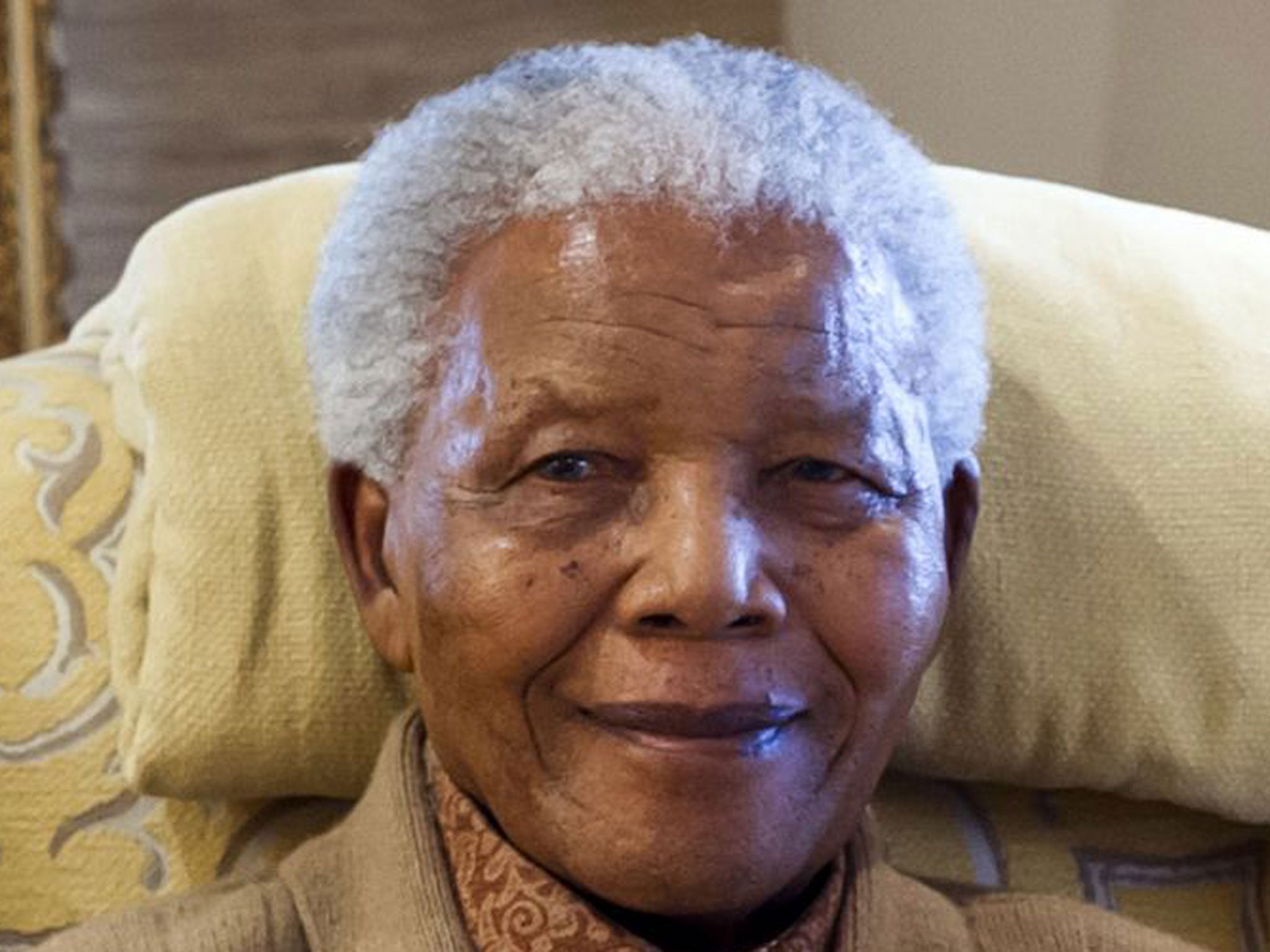Nelson Mandela remains in critical condition in hospital, says Zuma

Your support helps us to tell the story
From reproductive rights to climate change to Big Tech, The Independent is on the ground when the story is developing. Whether it's investigating the financials of Elon Musk's pro-Trump PAC or producing our latest documentary, 'The A Word', which shines a light on the American women fighting for reproductive rights, we know how important it is to parse out the facts from the messaging.
At such a critical moment in US history, we need reporters on the ground. Your donation allows us to keep sending journalists to speak to both sides of the story.
The Independent is trusted by Americans across the entire political spectrum. And unlike many other quality news outlets, we choose not to lock Americans out of our reporting and analysis with paywalls. We believe quality journalism should be available to everyone, paid for by those who can afford it.
Your support makes all the difference.The former South African president Nelson Mandela is in a critical condition in hospital, just two weeks after the 94-year-old anti-apartheid leader was admitted to hospital with a lung infection. The news, broken by President Jacob Zuma after a hospital visit late on Sunday evening, left millions of South Africans fearing the worst.
Mr Mandela has been in hospital four times since December last year, but this latest occurrence was thought to have sparked by far the gravest reports on his condition.
Mr Zuma and the deputy leader of the ruling African National Congress (ANC), Cyril Ramaphosa, visited Mandela, where doctors said his condition had worsened in the last 24 hours. "The doctors are doing everything possible to get his condition to improve and are ensuring that Madiba is well looked after and is comfortable. He is in good hands," it said, referring to Mandela by his clan name.
Mandela, who became South Africa's first black president, in 1994, was rushed to a Pretoria hospital on June 8 with a recurrence of a lung infection, his fourth hospitalisation in six months. Until Sunday, officials had described his condition has "serious but stable".
But Sunday’s announcement from the South African President marked something of a step-change and is likely to be of concern to South Africa's 53 million people, most of whom revere Mandela as the architect of the peaceful transition to democracy after three centuries of white domination. Mr Mandela's wife, Graça Machel, was also at the hospital.
Separately, it emerged on Saturday that the ambulance that took Mandela to hospital on 8 June broke down. CBS News reported that Mandela had to be transferred in winter temperatures to another ambulance after waiting on the side of the road for 40 minutes.
That was addressed by the President on Sunday who insisted that both Mr Zuma and Mr Ramaphosa were assured by doctors that "all care was taken to ensure that his medical condition was not compromised" when the engine trouble developed.
Mr Zuma said: "There were seven doctors in the convoy who were in full control of the situation throughout the period. He had expert medical care. The fully equipped military ICU ambulance had a full complement of specialist medical staff including intensive care specialists and ICU nurses. The doctors also dismissed the media reports that Madiba suffered cardiac arrest. There is no truth at all in that report."
Mr Zuma appealed to the nation and the world to pray for Mandela, the family and the medical team attending to him during this "difficult time".
The ruling party expressed concern about the deterioration in Mandela's health. "We welcome the work being done by the Presidency to ensure that South Africans and people of the world are kept informed on the state of Madiba's health," the party said. "The African National Congress joins the Presidency in calling upon all of us to keep President Mandela, his family and his medical team in our thoughts and prayers during this trying time."
Since stepping down in 1999 after one term in office Mr Mandela has played little role in public life. His last public appearance was at the final of the soccer World Cup in Johannesburg's Soccer City stadium in July 2010. But his health has dominated the headlines over the last year.
Mr Mandela's history of lung problems dates back to his time at Robben Island prison near Cape Town. He was released in 1990 after 27 years and went on to serve as president from 1994 to 1999.
Join our commenting forum
Join thought-provoking conversations, follow other Independent readers and see their replies
Comments